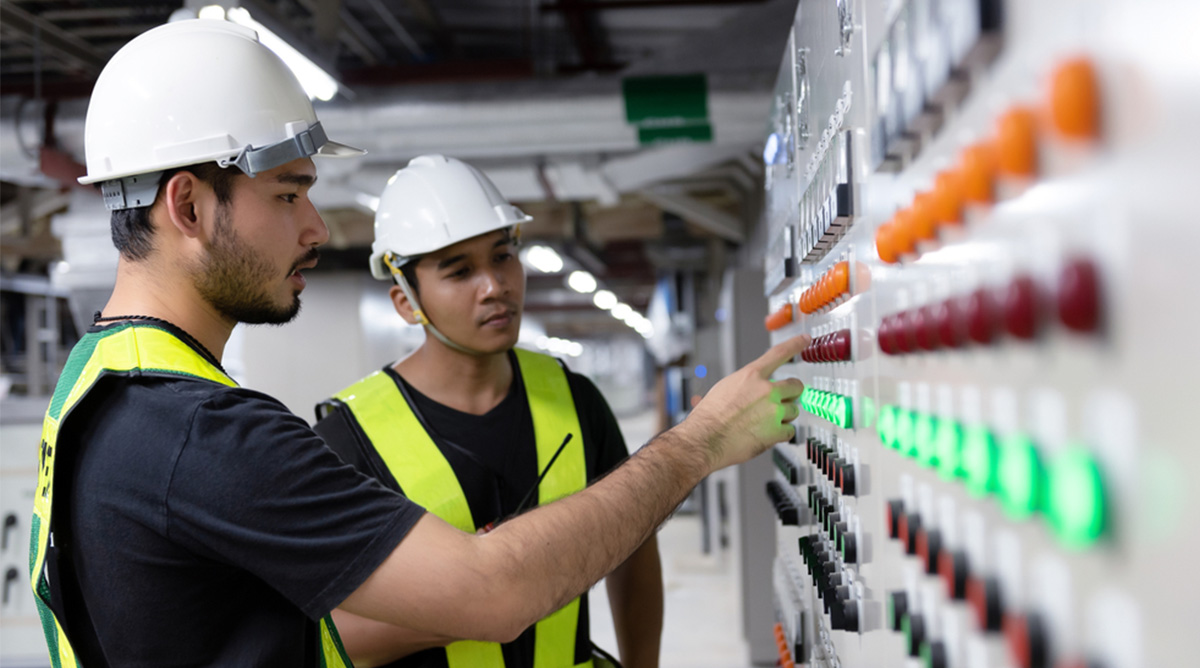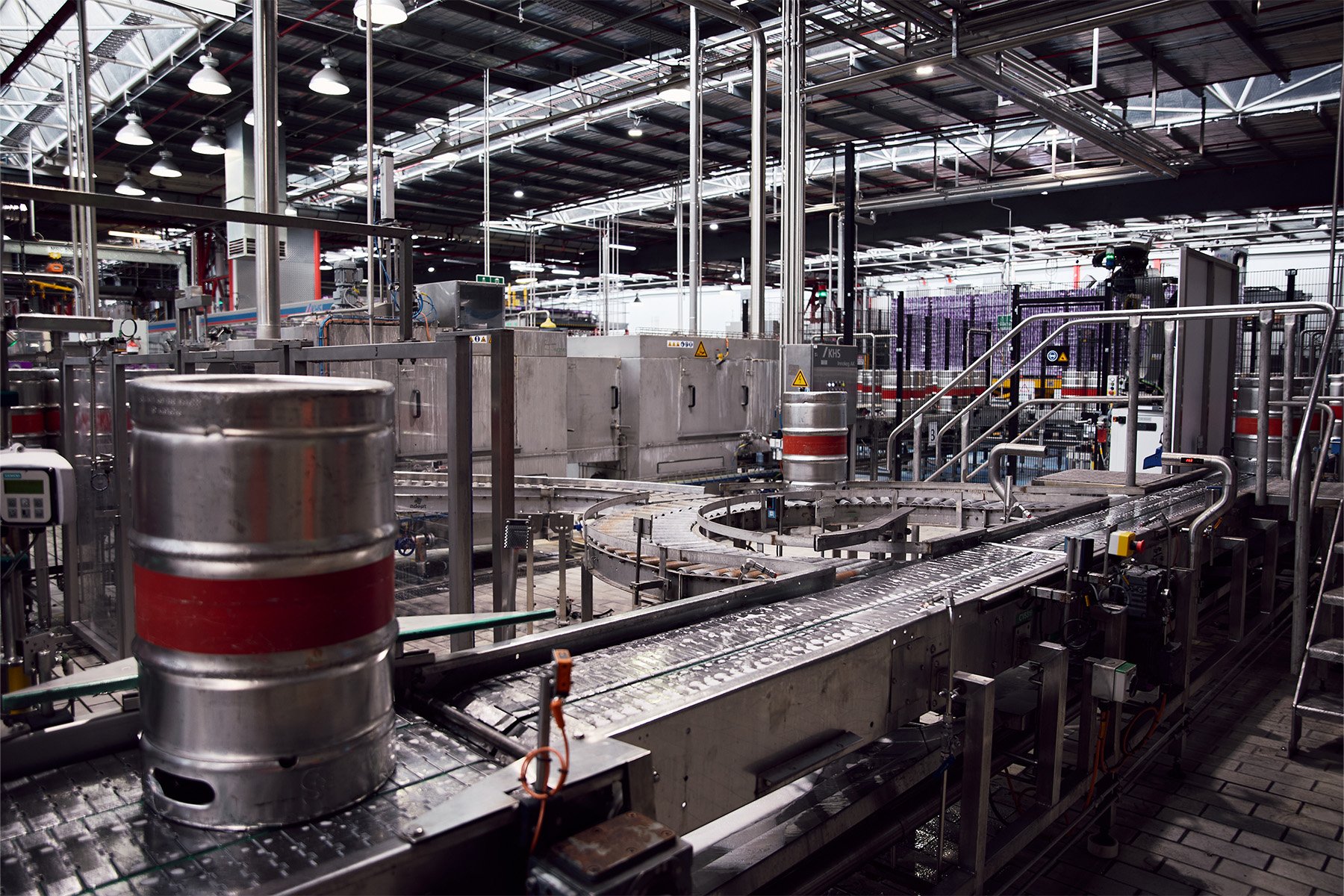Every process manufacturer knows, it takes a lot of data to feel like you’ve got a grasp on the production outcomes at your operation. That means for plant-based analytics past, present, and future, what’s become essential is flexible and reliable time-series data storage.
Data historians are an invaluable asset to any plant, storing sensory data from each asset within an operation and making the measurements immediately available and accessible whenever your team needs them.
Open-source historians provide modern, cost-effective methods for integrating plant control system data into a format which is useful for long-term storage, analysis and decision making.
Here’s everything you need to know about why connecting the right open-source historian to your operation and its data is essential in today’s world.
Why are open-source historians necessary?
Ultimately, these data storage tools make more than just storing data possible. They help to bridge the gap between data and insight; paving the path for advanced analytics, investigation, and reporting to work and collaborate at your plant.
With visibility into every asset or sensor operating at your company, you can expect to see improvements in:
- Troubleshooting, root-cause and diagnostic analytics
- Tracking and managing downtime
- Recognition of how and where to improve outcomes, quality, or yield
- Reporting quality
- Continuous monitoring
- Resource usage
- Quantifying improvement initiatives
- Operational efficiency.
With these capabilities, process historians are an invaluable tool to enable your team to reach the next level of operational understanding and gain rapid insights. This can reduce risk, improve outcomes, minimise impacts of anomalies and make your company more responsive.
Due to the volume of data that is available for today’s executives with an increase in wireless technologies, digital transformation, and the IIoT, time-series data storage is a minimum requirement and one of the essential building blocks of near real-time, operational analytics and reporting.
Leave spreadsheets in the past with advanced historian data collection applications
One of the greatest outcomes of these manufacturing data tools is the measurable and significant reduction inefficient and time-consuming work in Excel by engineers. By connecting your data historian to an advanced analytics application, you’re able to cleanse, calculate, contextualise and discover insights that can directly improve your production outcomes.
Seeq is an example of an advanced analytics application that can connect with all of your process historians you’ve acquired and present in-depth insight into the data you have streaming from your sensors.
The program can combine your operation’s diagnostic and historical data to provide predictive analytics; a way to predict when your plant’s assets will need maintenance or could run into downtime issues.
Currently, there are many different commercial off-the-shelf offerings available for time-series historians. While open-source alternatives may not have all the bells and whistles, they do provide scalable, reliable, stable and efficient time-series data storage, in the cloud or on premise, when implemented correctly.
Two open-source alternatives worthy of serious consideration are InfluxDB (Community Edition) and TimescaleDB. Both are fast, scalable to reasonable sizes suitable for most organisations, and provide excellent value for money when paired with advanced analytics applications. Which one you choose will come down to finding the best fit against your specific application requirements.
For more information on how advanced analytics applications like Seeq can connect to and utilise your historian data, check out its system architecture.
Nukon can help in all areas of time-series collection, storage, analysis, insights to actionable workflow automation.
About the author:
Founded in 2013, Seeq publishes software applications for process manufacturing organisations to rapidly find and share data insights. Oil and gas, pharmaceutical, specialty chemical, utility, renewable energy and numerous other vertical industries rely on Seeq to improve production outcomes, including yield, margins, quality, and safety. Headquartered in Seattle, Seeq is a privately held virtual company with employees and partners in the United States, Asia, Canada, Europe, and South America.





